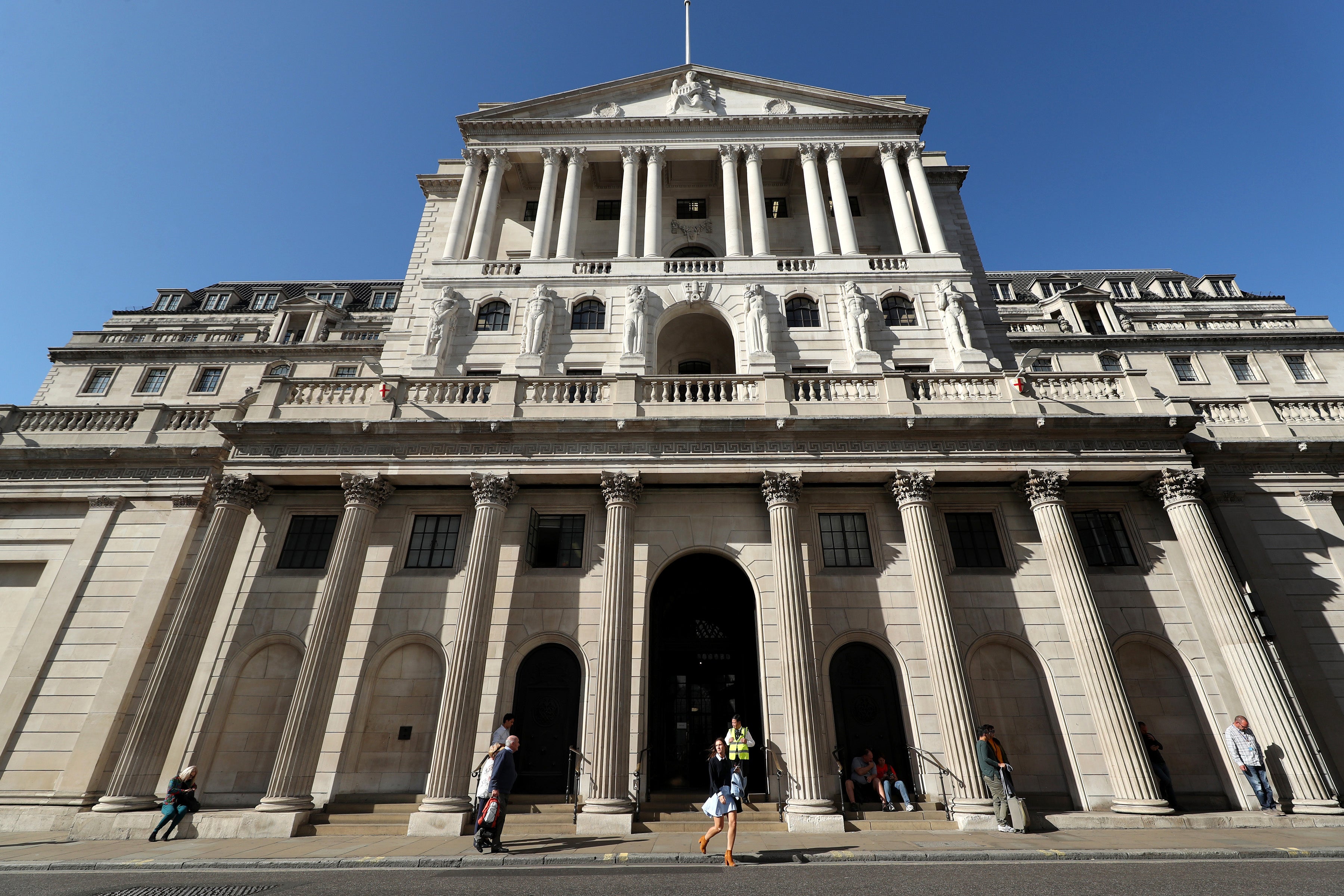
ChancellorRishi Sunak has been accused of wasting £11 billion of taxpayers’ money by paying too much in interest servicing the Government’s debt.
The National Institute of Economic and Social Research (NIESR) said the losses were the result of Mr Sunak’s failure to insure against interest rate rises on £900 billion of reserves created through the quantitative easing (QE) programme.
The losses were said to exceed the amount that the Conservatives have accused Labour former chancellor Gordon Brown of losing when he sold some of the UK’s gold reserves at rock bottom prices.
The institute’s director, Professor Jagjit Chadha, told the Financial Times that Mr Sunak’s actions had left the country with “an enormous bill and heavy continuing exposure to interest rate risk”.

Labour said the losses were “astronomical” and accused the Government of “playing fast and loose” with the public finances.
In response, the Treasury called the assumption it would be possible to undertake action of this scale in a single transaction “implausible”, and said it would weaken the whole economy.
According to the FT report, the Bank of England (BoE) created £895 billion of money through the QE programme, most of which was used to buy government bonds from pension funds and other investors.
When those investors put the proceeds in commercial bank deposits at the BoE, the Bank had to pay interest at its official interest rate.
Last year, when the official rate was still 0.1%, the NIESR urged the Government to insure the cost of servicing this debt against the risk of rising interest rates by converting it into government bonds with longer maturity.
These are astronomical sums for the Chancellor to lose
Prof Chadha said they had now calculated that Mr Sunak’s failure to heed their advice – despite having regularly warned about the risks of higher inflation and interest rates on the costs of servicing the Government’s debt – had cost taxpayers £11 billion.
“It would have been much better to have reduced the scale of short-term liabilities earlier, as we argued for some time, and to exploit the benefits of longer-term debt issuance,” he told the FT.
For Labour, shadow treasury minister Tulip Siddiq said: “These are astronomical sums for the Chancellor to lose, and leaves working people picking up the cheque for his severe wastefulness while he hikes their taxes in the middle of a cost-of-living crisis.

“This Government has played fast and loose with taxpayers’ money. Britain deserves a government that respects public money and delivers for people across the country.”
A Treasury spokesperson said: “Proposals such as this risk undermining the independence of the Bank of England and forcing commercial banks to swap reserves for gilts would be an act of financial repression. This would be hugely damaging to the credibility of the UK’s macroeconomic framework and weaken the wider economy.
“The £11bn figure is based on the implausible assumption that it would be possible to undertake action of this scale in a single transaction.”
Economic secretary to the Treasury, John Glen MP, tweeted a statement in which he said the £11bn figure was based on “almost impossible scenarios”.
He said: “This Government has always managed the economy responsibly and carefully, and respected the independence of the Bank of England completely. This will always be the case.”
This article was amended after publication to include an updated statement from the Treasury, and Mr Glen’s comment .







